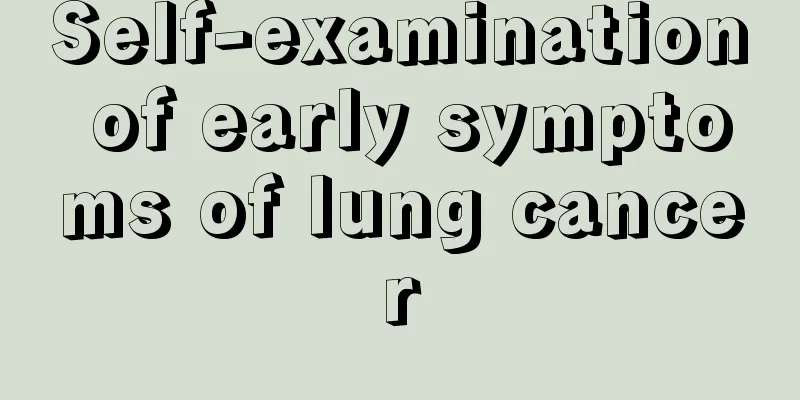Is stage 2 nasopharyngeal cancer serious?

|
Nasopharyngeal carcinoma is a disease that many people are familiar with today. When treating nasopharyngeal carcinoma, patients must treat it correctly. So, is stage 2 nasopharyngeal carcinoma serious? Nasopharyngeal carcinoma is one of the most common tumors in my country. Due to the hidden anatomical location of the nasopharynx, the early symptoms of nasopharyngeal carcinoma are atypical, and clinical diagnosis is easily delayed. Special vigilance should be exercised. Its common symptoms are: 1. Nasal symptoms: In the early stage, blood may appear in the retracted snot or in the blown snot, which may appear and disappear at times and usually does not attract the patient's attention. The continuous enlargement of the tumor may block the nostrils and cause nasal congestion, which starts on one side and then on both sides. 2. Ear symptoms: If the tumor occurs in the pharyngeal recess, it may compress or block the pharyngeal opening of the Eustachian tube in the early stage, causing tinnitus, ear closure and hearing loss on that side, and tympanic cavity effusion, which is easily misdiagnosed as secretory otitis media clinically. Stage II nasopharyngeal carcinoma is an early or middle stage tumor, and the severity depends on individual circumstances. If there is no distant metastasis, surgical treatment should be the first choice, and appropriate radiotherapy, chemotherapy and conservative treatment of traditional Chinese medicine can be combined after surgery to inhibit and kill residual tumor cells, reduce the chance of recurrence and metastasis, and have hope of cure. 1. Pay attention to prevent colds, pharyngitis, and otitis media. Do not extract teeth, dentures, or fill teeth within 3 years after radiotherapy. If the nose, ears, eyes, or mouth are infected, they should be treated in time, such as using antibiotics or washing with special solutions. 2. Pay attention to maintaining a clean living environment, and keep the indoor air clean and dry. Avoid irritation of the head and neck from the sun and cold wind. 3. Pay attention to developing good living habits. Patients must quit smoking and drinking, and avoid eating too cold, too hard, or too hot food. Eat more high-protein, high-vitamin foods. 4. Provide psychological care to prepare patients for a protracted battle against the disease and reduce fear and tension. Follow the doctor's instructions for follow-up examinations and cooperate with treatment. Through the above introduction, patients can have a clearer understanding of the situation of nasopharyngeal carcinoma stage 2. |
<<: Will glioma cause nosebleeds?
>>: What causes lymphoma and what are the diagnostic criteria?
Recommend
Is there musk in mosquito coils?
In summer, people are not only troubled by the hi...
What to do after being stung by a bee
Busy bees are sometimes so busy that they can'...
I always feel tired and lack energy
With the development of society, many people are ...
Can charcoal remove formaldehyde?
There are many ways to remove formaldehyde. If yo...
Let’s take a look at some screening methods for breast cancer
Many people are not clear about the detection met...
What are the early symptoms of schizophrenia
Schizophrenia is a very serious mental illness. P...
The first symptom of breast cancer is usually a breast lump
Breast cancer is a common cancer in women. The fi...
Which type of men are more likely to develop prostate cancer
Prostate cancer is a relatively common male disea...
Five kinds of breakfast that make you stupider the more you eat
Introduction: After waking up from a night's ...
How is the tongue pattern of tongue cancer formed
The basic cause of tongue cancer is still unclear...
What does bladder cancer recurrence mean
One of the characteristics of bladder cancer is t...
What to do if the oral mucosa falls off
Some patients who have suffered from oral disease...
What is the best way to sober up?
Sometimes, we feel particularly uncomfortable afte...
Is vitiligo hereditary? You should know these things
Vitiligo is a common skin disease in clinical pra...
What is the process of lysosome formation?
Lysosomes are a substance in the human body. Stri...









